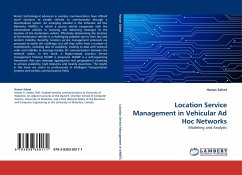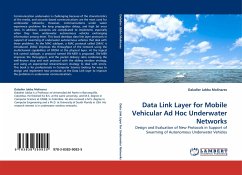Recently, vehicular ad-hoc network (VANET) has emerged as an excellent candidate to change the life style of the traveling passengers along the roads and highways in terms of improving the safety levels and providing a wide range of comfort applications. Due to the foreseen impact of VANETs on our lives, extensive attentions in industry and academia are directed towards bringing VANETs into real life and standardizing its network operation. Unfortunately, the open medium nature of wireless communications and the high-speed mobility of a large number of vehicles in VANETs pose many security challenges that should be solved before deploying VANETs. To satisfy the security and privacy requirements in VANETs, it is prerequisite to elaborately design an efficient management of Public Key Infrastructure (PKI) and complementary mechanisms for PKI to achieve security and privacy preservation for practical VANETs. In this book, we provide a thorough survey of security and privacy in VANETs, and focus on developing an efficient certificate management in PKI and designing PKI complementary mechanisms to provide security and privacy for VANETs.








